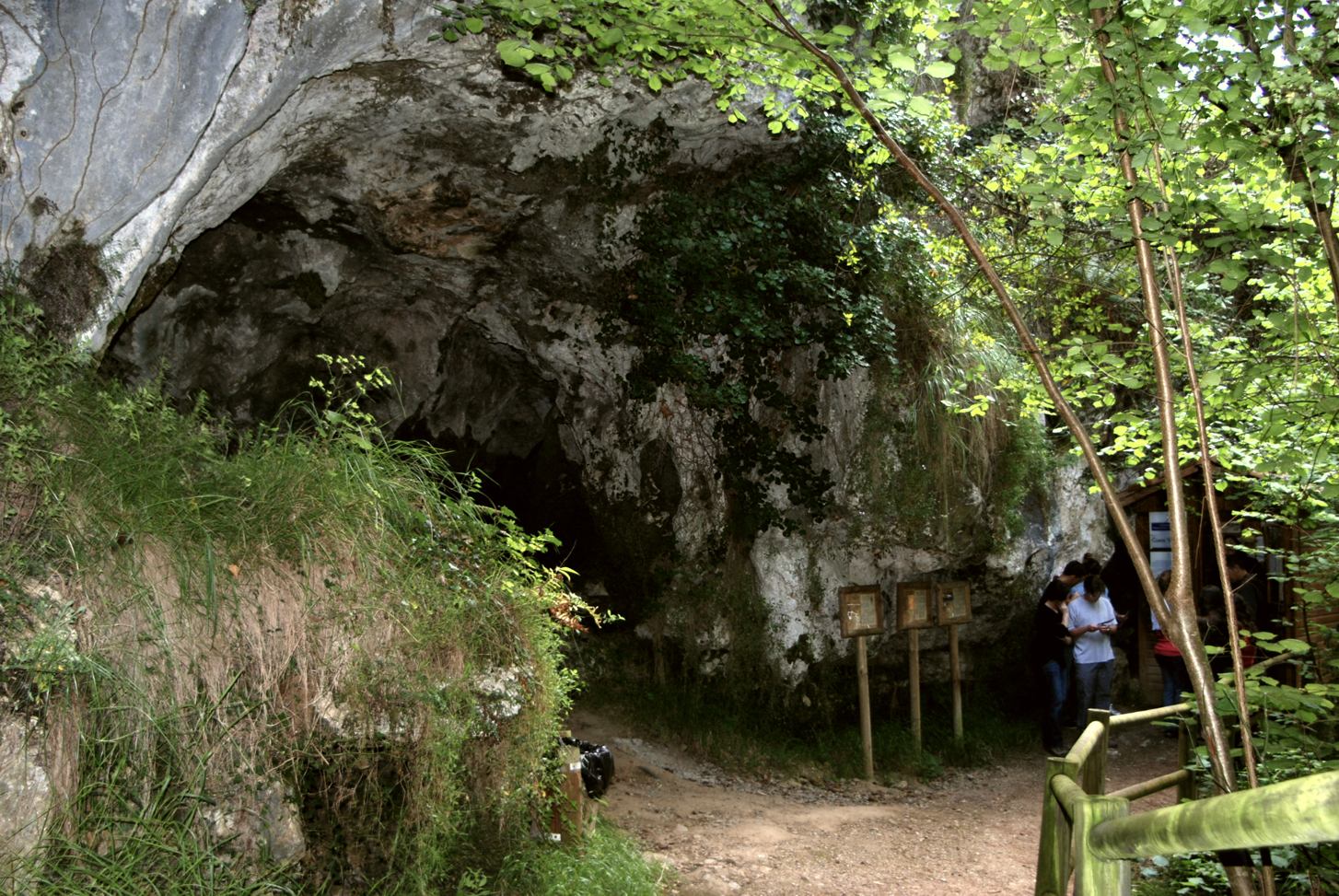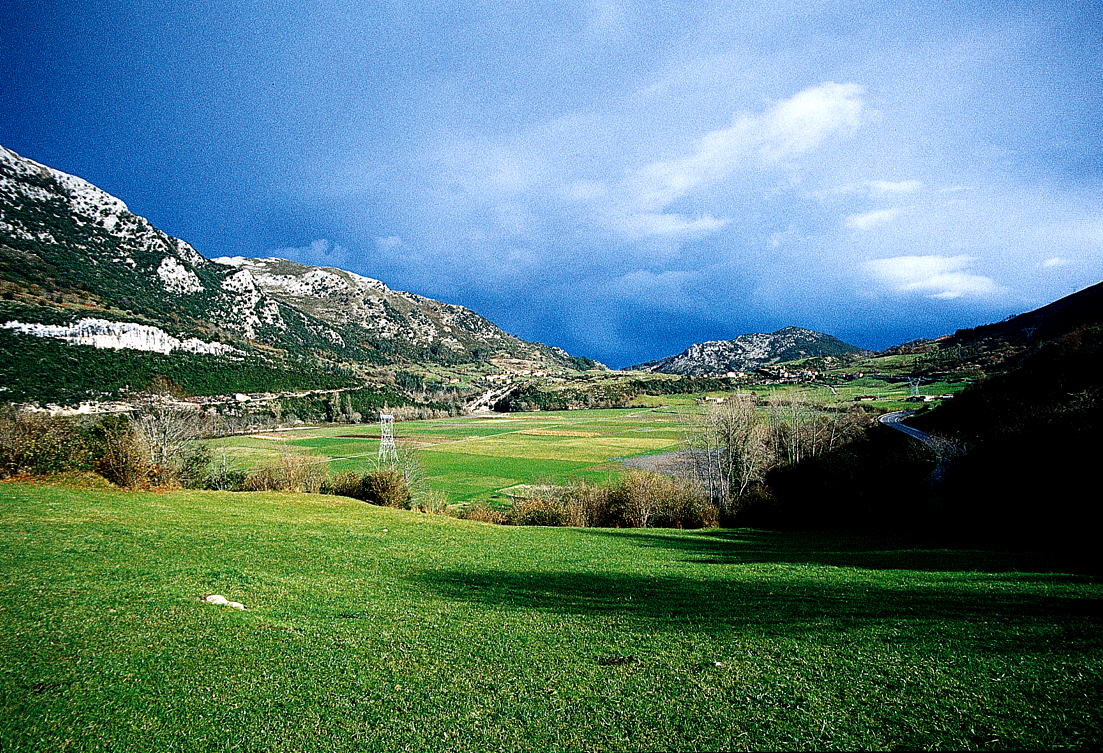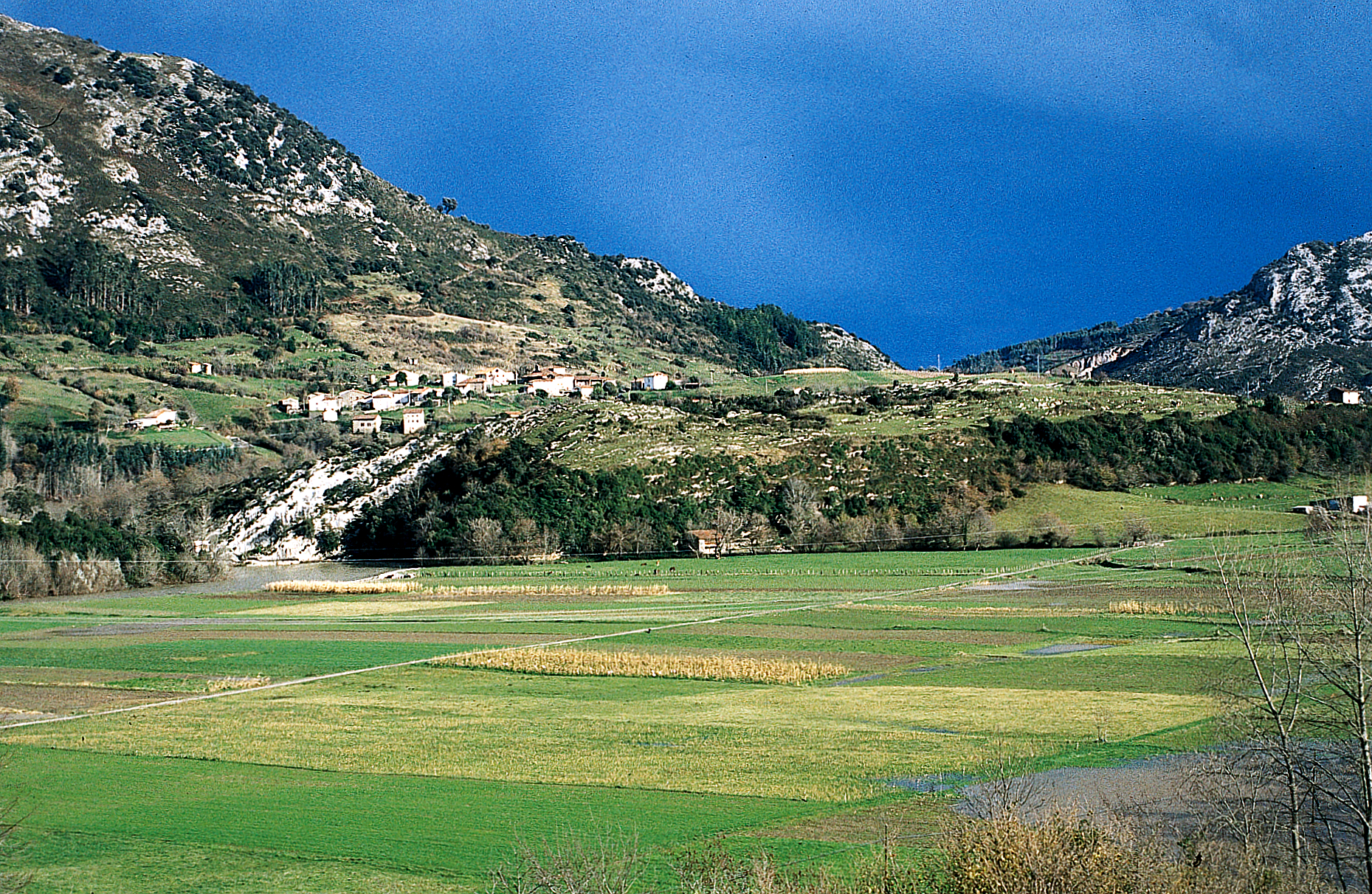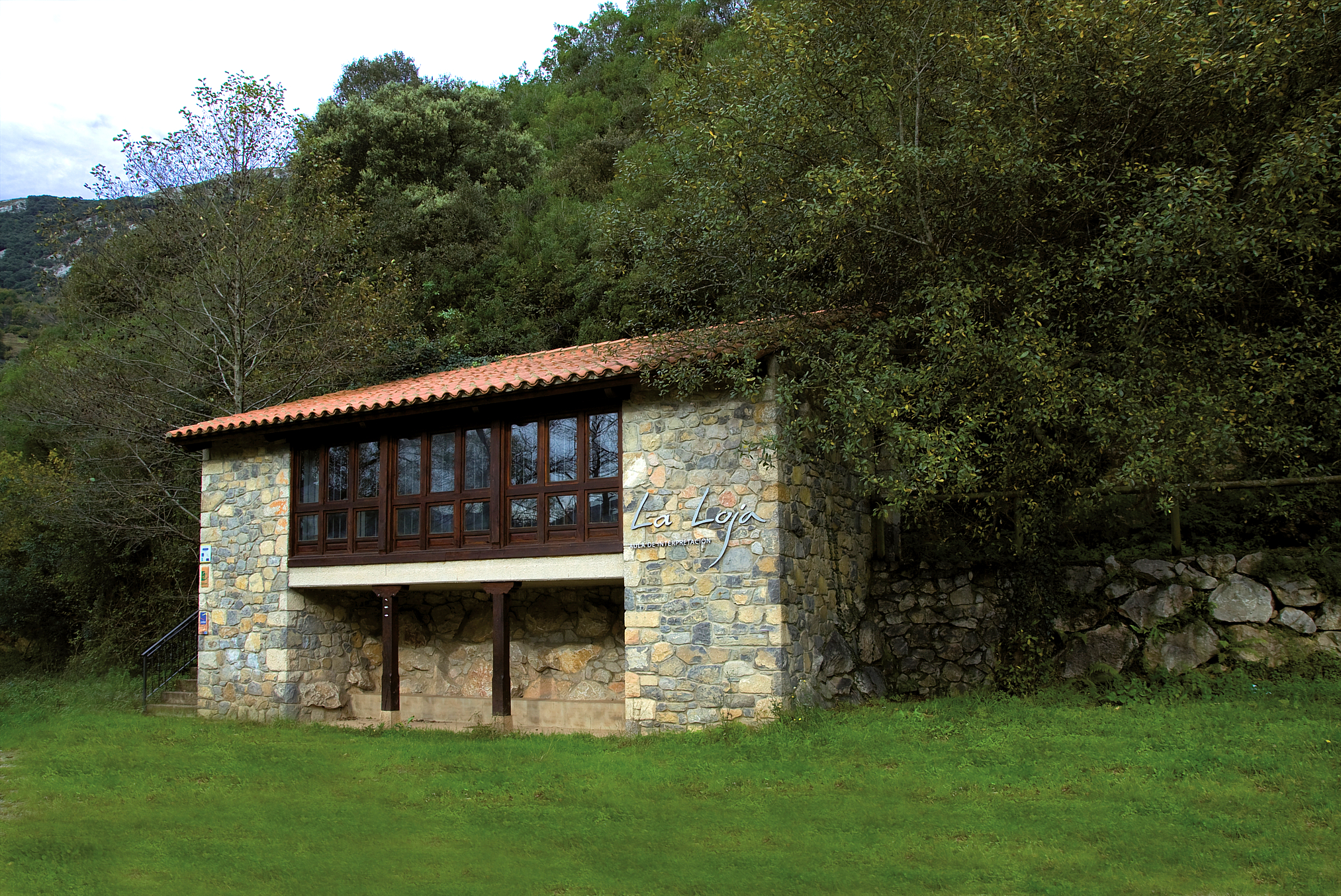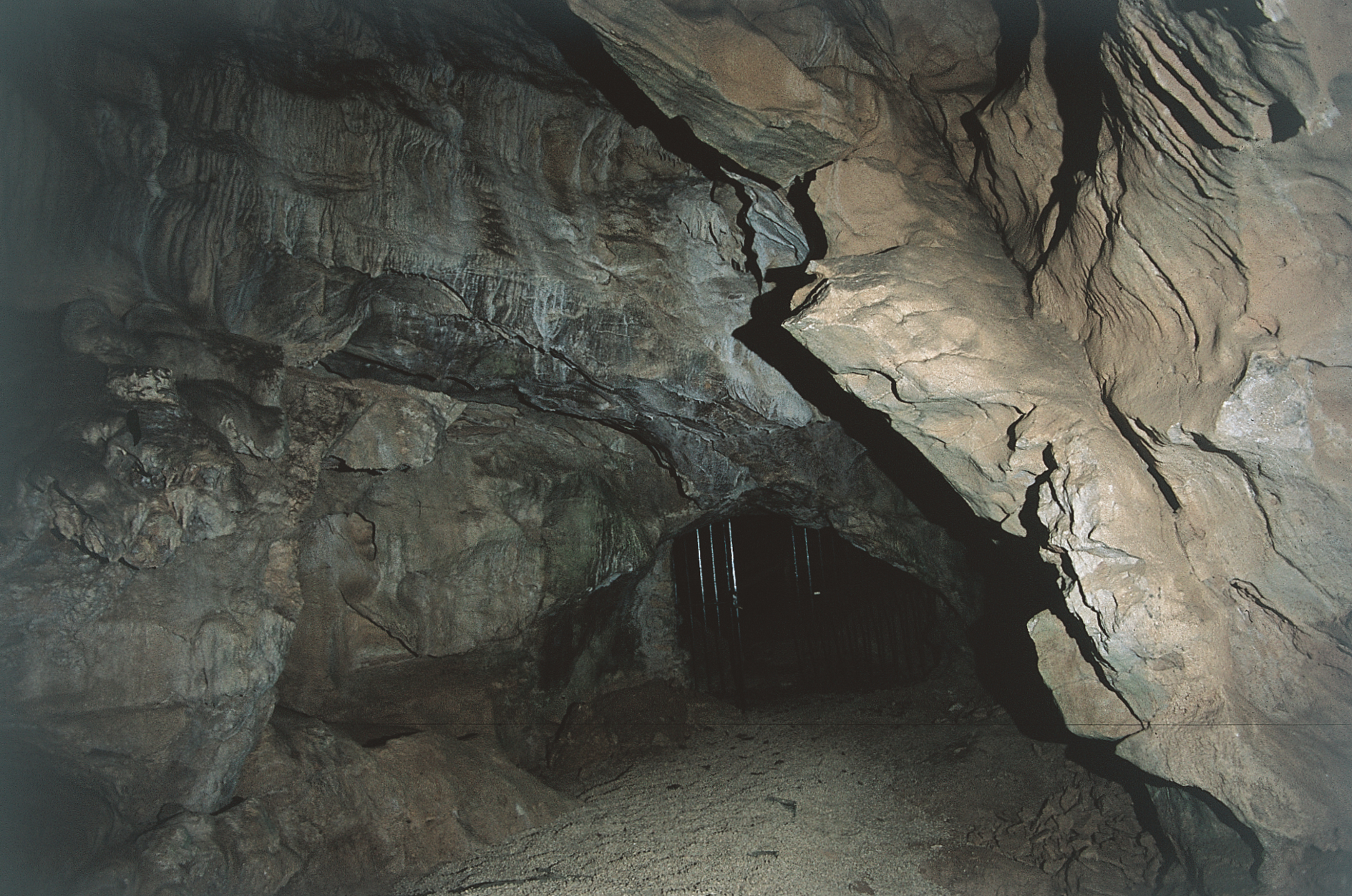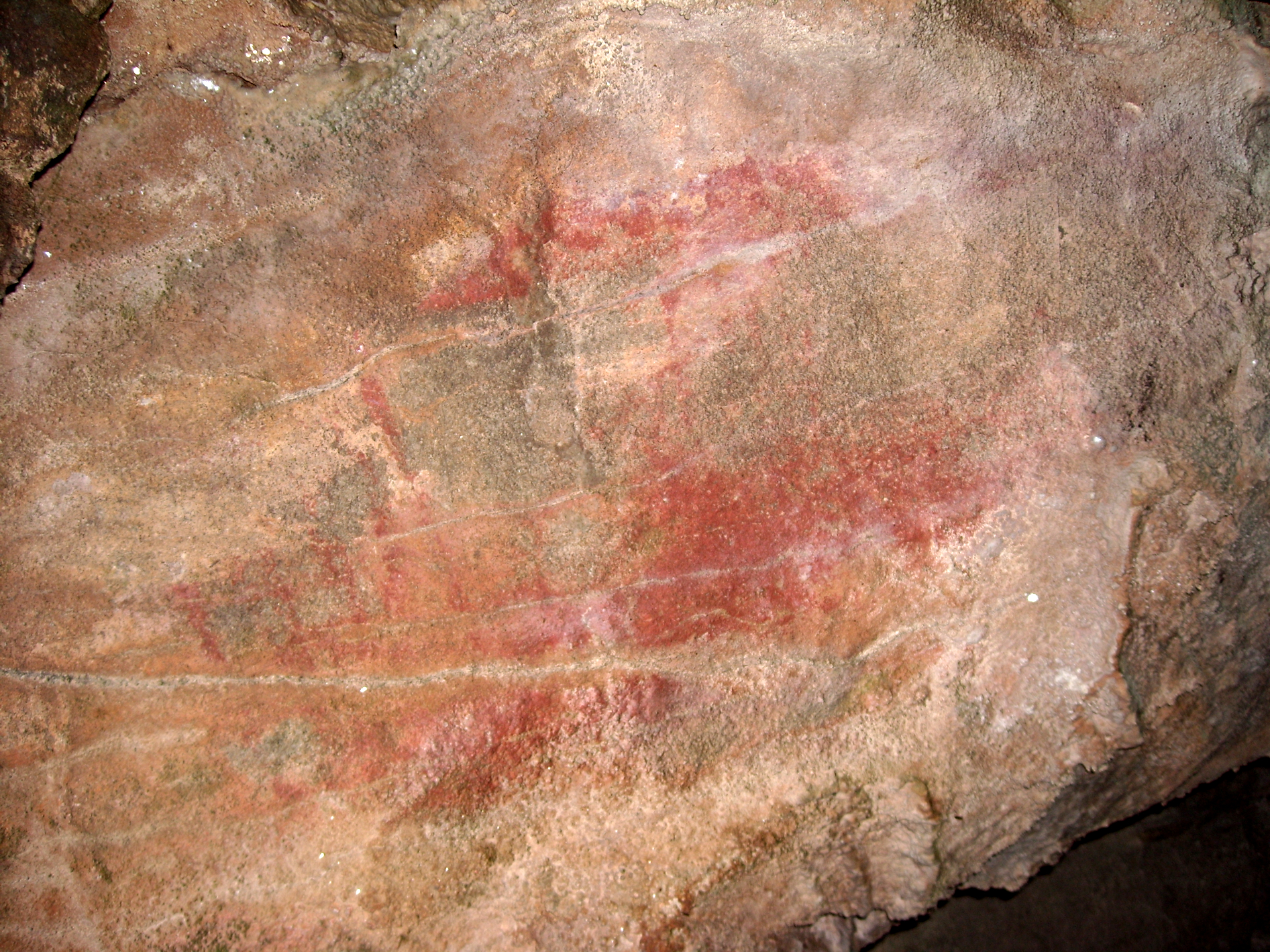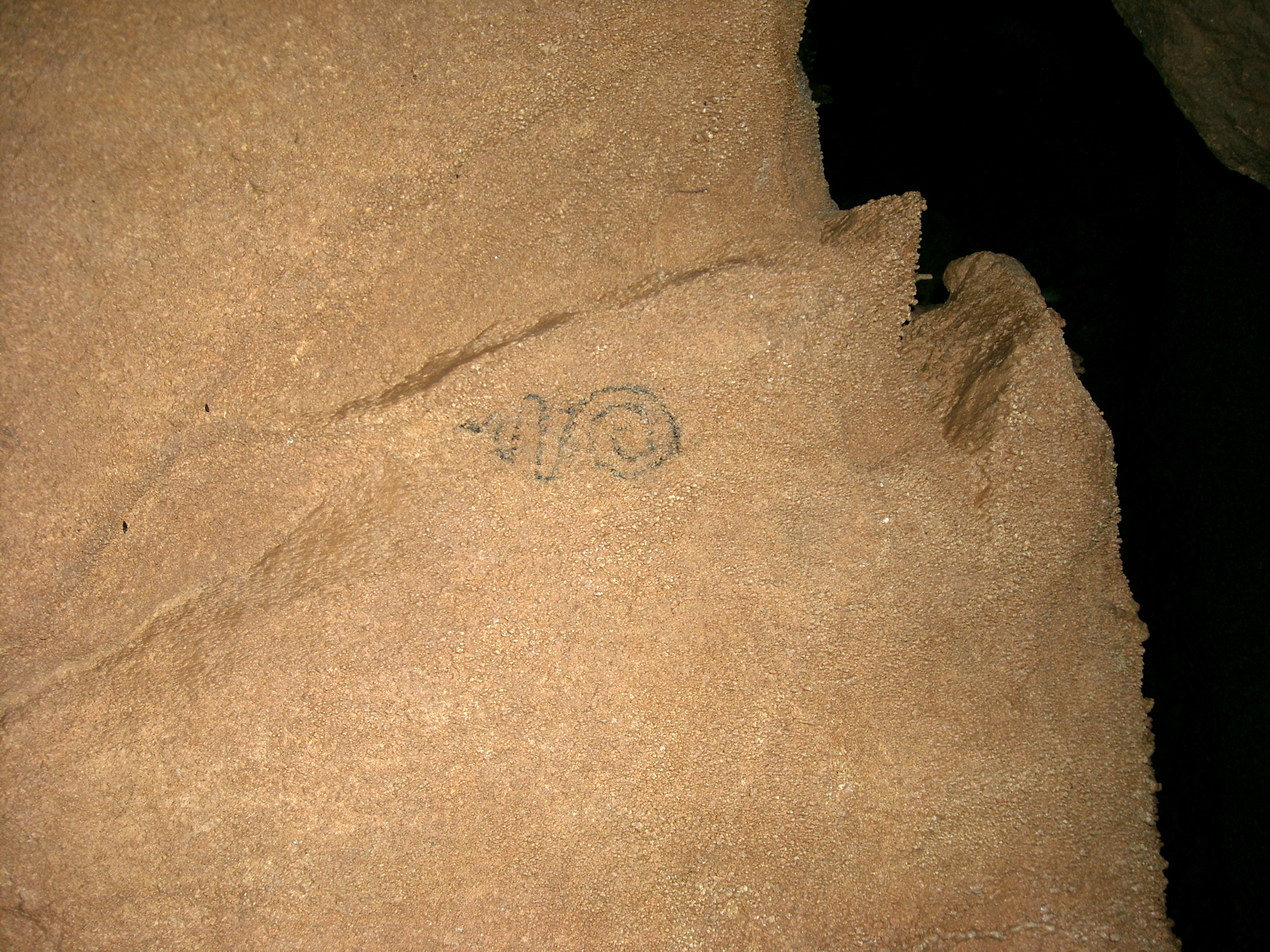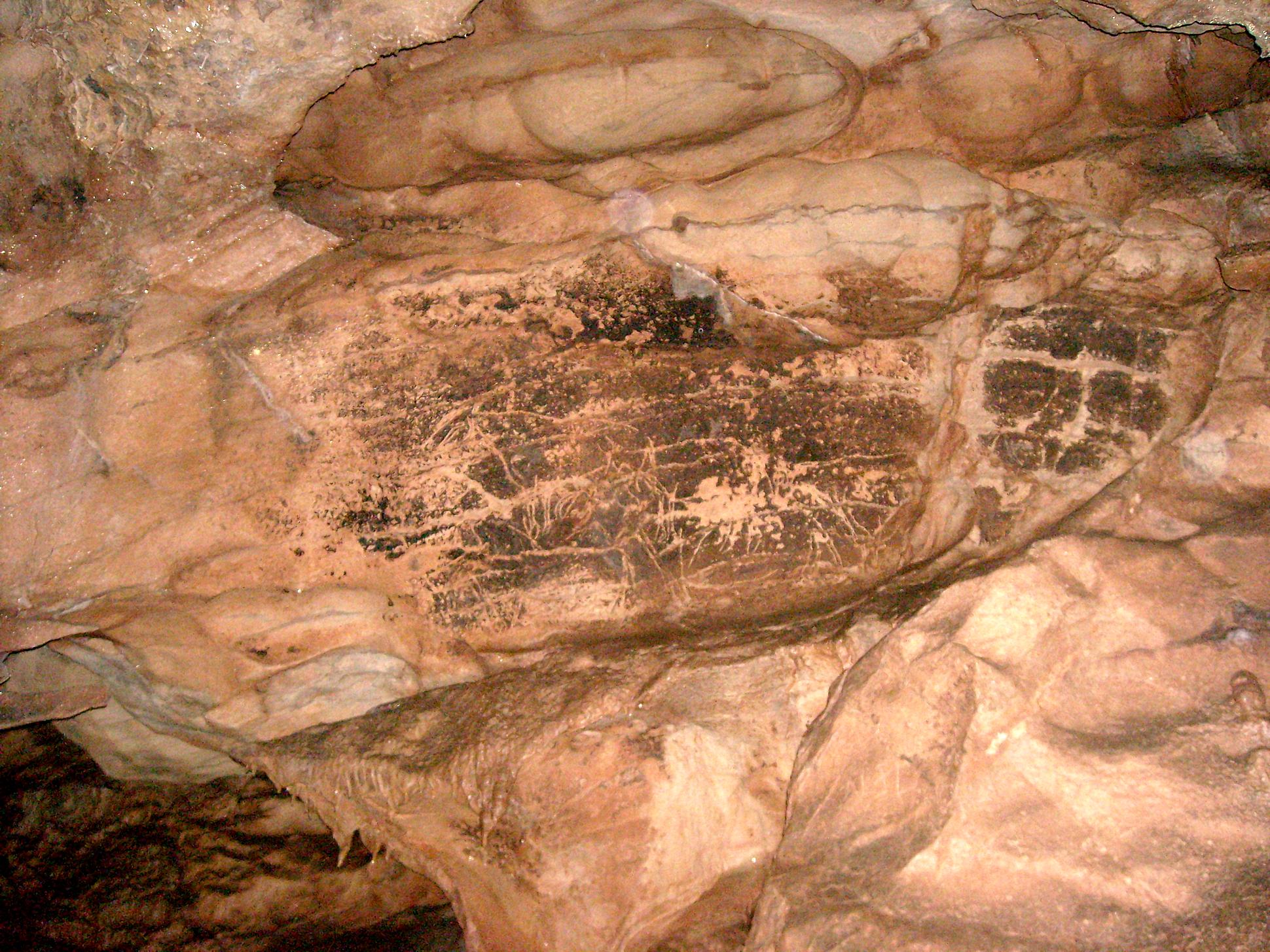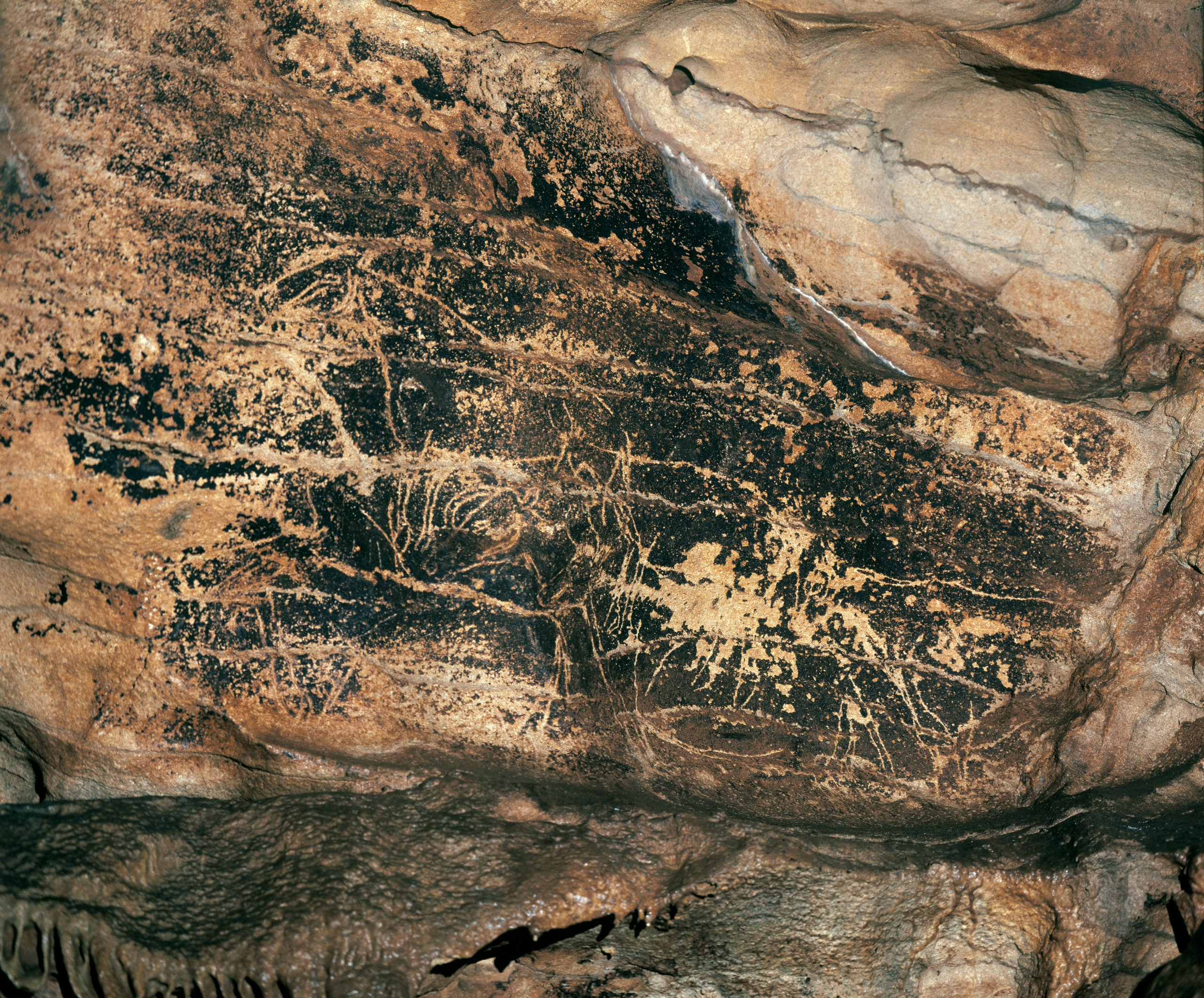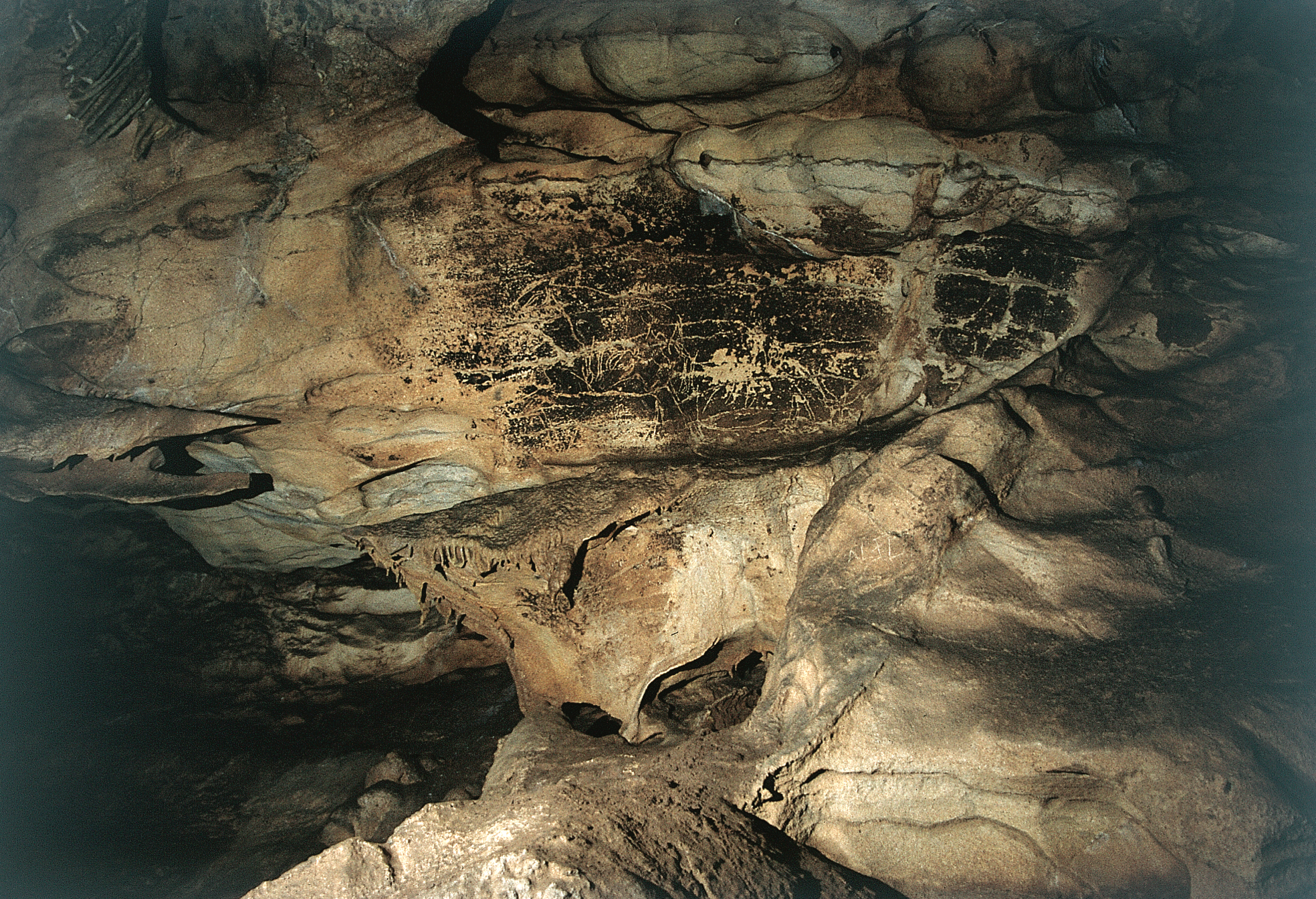Cronología de las representaciones rupestres: Magdalenian.
Descripción general del destino: La Loja Cave is located on a rocky escarpment overlooking the valley on the banks of the River Deva. The cave is not known for its large size or its geological complexity. It is basically a ledge overlooking the river, behind which there is an entrance leading to a long gallery, narrow at some points, that disappears into the depths of the earth before resurfacing again.
The artistic manifestations on its walls are also attributed to Magdalenian period. These comprise animal representations: several bovine cattle and a horse. The main art in the cave is thus an impressive group of animals engraved on a natural outcrop of manganese. Red Palaeolithic paintings and black post-Palaeolithic figures.
Historia del sitio: The first cave containing Paleolithic art discovered in Asturias. La Loja Cave was reported as a prehistoric site in 1914, its Magdalenian archaeological deposits subsequently being reported in 1929 by the Count of La Vega del Sella.
Descripción de los recursos museográficos: La Loja Educational Exhibition is located on the esplanade next to the cave entrance. The theme of the exhibition revolves around rock art in the aforementioned cave and the prehistoric riches of the borough. At the same time, it provides some general notions on Archaeology and Prehistory at the Asturian, Northern Spain and European levels.





